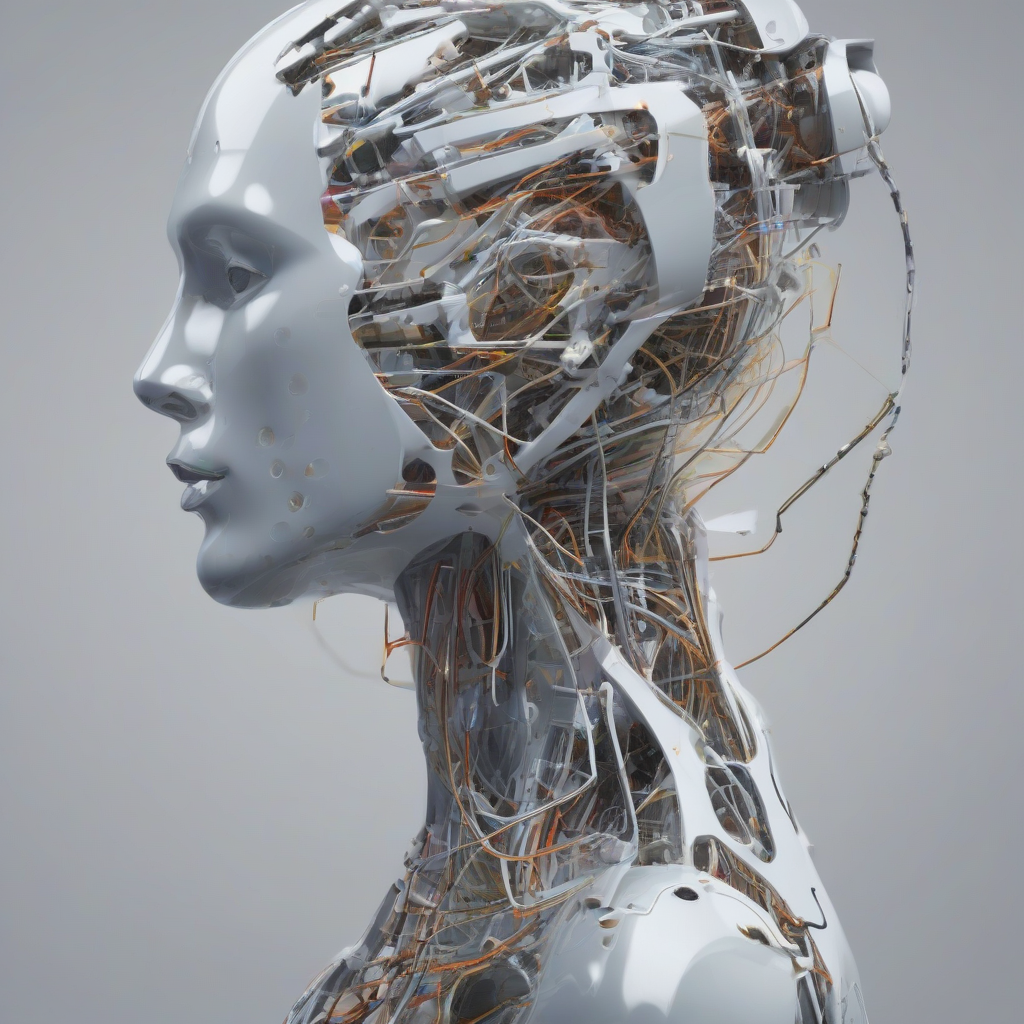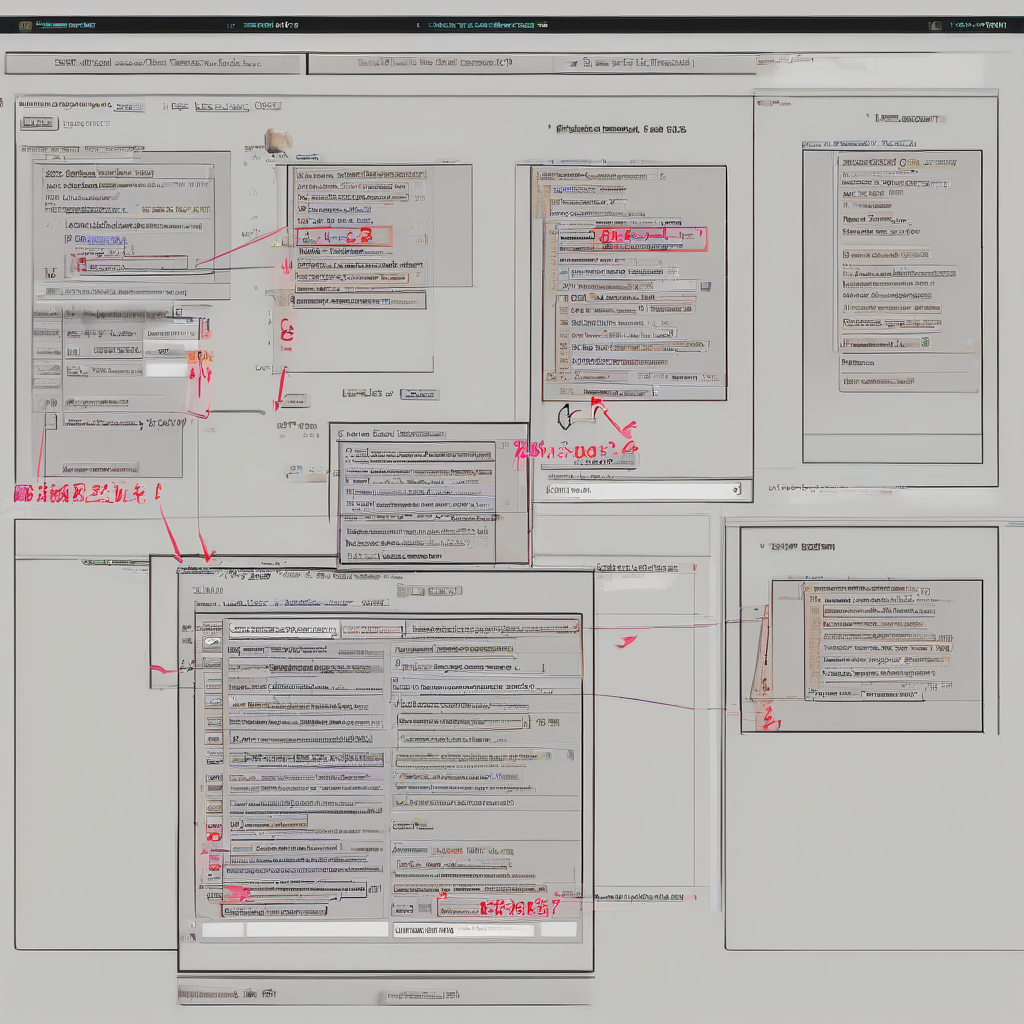Unlocking Your Future: A Comprehensive Guide to the Computer Science Degree
A computer science degree is more than just a pathway to a lucrative career; it’s a passport to a world of innovation, problem-solving, and technological advancement. This comprehensive guide explores the intricacies of a computer science degree, covering everything from curriculum specifics to career prospects and the evolving landscape of the field.
What is a Computer Science Degree?
A computer science degree focuses on the theoretical foundations of information and computation, and their application in computer systems. Unlike related fields like software engineering or information technology, which are more practically oriented, computer science delves into the “why” behind technology, exploring the algorithms, data structures, and theoretical models that underpin all software and hardware.
Core Curriculum Components:
- Data Structures and Algorithms: This fundamental course teaches students how to organize and manipulate data efficiently, a critical skill for any programmer.
- Programming Languages: Students typically learn several programming languages, including foundational languages like C++ or Java, and potentially more specialized languages like Python or JavaScript.
- Discrete Mathematics: This course provides the mathematical foundation for computer science, covering topics like logic, set theory, and graph theory.
- Computer Architecture: This course explores the inner workings of computers, from the hardware components to the instruction sets that drive them.
- Databases: Students learn to design, implement, and manage databases, crucial for handling large amounts of data.
- Operating Systems: This course explores the principles behind operating systems, the software that manages computer hardware and software resources.
- Software Engineering: This course teaches the principles of software development, including software design, testing, and maintenance.
- Computer Networks: This course explores the architecture and protocols of computer networks, laying the groundwork for understanding the internet and related technologies.
- Artificial Intelligence (AI): Many programs now include introductory or advanced courses in AI, covering topics like machine learning and natural language processing.
- Theory of Computation: This advanced course explores the limits of computation, covering topics like computability and complexity.
Specializations within Computer Science:
The breadth of computer science allows for diverse specializations, catering to individual interests and career goals.
- Artificial Intelligence (AI): Focuses on creating intelligent agents that can reason, learn, and act autonomously.
- Machine Learning (ML): A subfield of AI that focuses on enabling computers to learn from data without explicit programming.
- Data Science: Combines computer science, statistics, and domain expertise to extract insights from data.
- Cybersecurity: Focuses on protecting computer systems and networks from unauthorized access and attacks.
- Computer Graphics: Focuses on the creation and manipulation of images and visual data.
- Game Development: Focuses on the design and development of video games.
- Web Development: Focuses on the design and development of websites and web applications.
- Database Systems: Focuses on the design, implementation, and management of databases.
- Computer Networks and Distributed Systems: Focuses on the design and implementation of computer networks and distributed systems.
- Theoretical Computer Science: Focuses on the theoretical foundations of computer science, including algorithms, data structures, and complexity theory.
Types of Computer Science Degrees:
Computer science degrees are offered at various levels, each with its own duration and depth of study.
- Associate’s Degree in Computer Science (AS): A two-year program providing a foundational understanding of computer science principles.
- Bachelor’s Degree in Computer Science (BS or BSc): A four-year program offering a comprehensive education in computer science, often including a specialization.
- Master’s Degree in Computer Science (MS or MSc): A graduate-level program building upon a bachelor’s degree, allowing for deeper specialization and advanced research.
- Doctor of Philosophy (PhD) in Computer Science: A research-focused doctoral program leading to a career in academia or advanced research and development.
Choosing the Right Computer Science Program:
Selecting the right computer science program requires careful consideration of several factors:
- Accreditation: Look for programs accredited by reputable organizations, ensuring quality education and industry recognition.
- Curriculum: Assess the curriculum to ensure it aligns with your interests and career goals.
- Faculty Expertise: Research the faculty’s research interests and publications to gauge the program’s strength in specific areas.
- Resources and Facilities: Consider the availability of computing resources, labs, and other support services.
- Career Services: A strong career services office can provide valuable support in job searching and networking.
- Location and Cost: Consider the program’s location and the overall cost of attendance.
Career Prospects for Computer Science Graduates:
A computer science degree opens doors to a vast array of career opportunities across various industries. The demand for skilled computer scientists continues to grow exponentially.
- Software Engineer: Designs, develops, and maintains software applications.
- Web Developer: Designs and develops websites and web applications.
- Data Scientist: Analyzes large datasets to extract insights and make predictions.
- Database Administrator: Manages and maintains databases.
- Cybersecurity Analyst: Protects computer systems and networks from cyber threats.
- Network Engineer: Designs, implements, and maintains computer networks.
- Machine Learning Engineer: Develops and implements machine learning algorithms.
- AI Researcher: Conducts research on artificial intelligence and related technologies.
- Game Developer: Designs and develops video games.
- Computer Systems Analyst: Analyzes an organization’s computer systems and recommends solutions to improve efficiency and performance.
Skills Developed Through a Computer Science Degree:
A computer science education cultivates a diverse skill set highly valued in today’s job market.
- Problem-solving: Computer science emphasizes logical thinking and analytical skills to tackle complex problems.
- Programming Proficiency: Graduates gain expertise in multiple programming languages and development methodologies.
- Critical Thinking: The ability to analyze information, identify patterns, and draw conclusions is crucial in computer science.
- Teamwork and Collaboration: Many computer science projects involve teamwork and collaboration with others.
- Communication Skills: The ability to communicate technical information clearly and effectively is essential.
- Adaptability and Continuous Learning: The field of computer science is constantly evolving, requiring adaptability and a commitment to continuous learning.
- Mathematical and Logical Reasoning: A strong foundation in mathematics and logic is fundamental to computer science.
- Creativity and Innovation: Computer scientists are constantly seeking new and innovative solutions to problems.
- Data Analysis: The ability to collect, analyze, and interpret data is a valuable skill in computer science.
- Project Management: Many computer science projects require effective project management skills.
The Evolving Landscape of Computer Science:
Computer science is a dynamic field, constantly evolving with new technologies and trends. Staying current with these developments is crucial for success.
- Artificial Intelligence (AI) and Machine Learning (ML): These fields are experiencing explosive growth, driving innovation across multiple industries.
- Big Data and Data Science: The ability to analyze and interpret large datasets is increasingly crucial in many fields.
- Cloud Computing: The shift towards cloud-based computing is reshaping the technology landscape.
- Cybersecurity: With increasing cyber threats, the demand for cybersecurity professionals is growing rapidly.
- Quantum Computing: This emerging field has the potential to revolutionize computing.
- Internet of Things (IoT): The proliferation of connected devices is creating new opportunities and challenges.
- Blockchain Technology: Blockchain technology is transforming various industries, from finance to healthcare.
- Augmented and Virtual Reality (AR/VR): AR/VR technologies are creating immersive experiences with applications across many fields.
- Robotics: Advances in robotics are leading to the development of more sophisticated robots with applications in various industries.
- Ethical Considerations in Computing: As technology advances, ethical considerations become increasingly important.
Conclusion (Omitted as per instructions)




